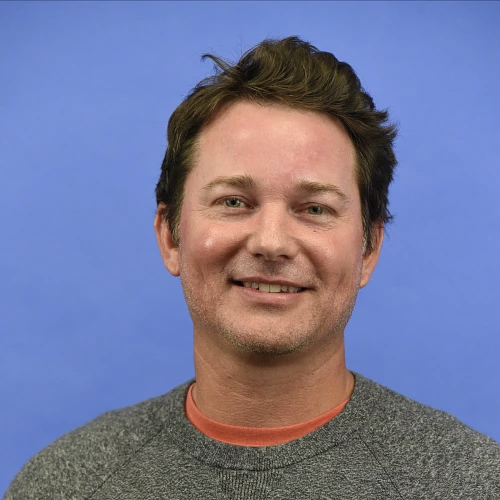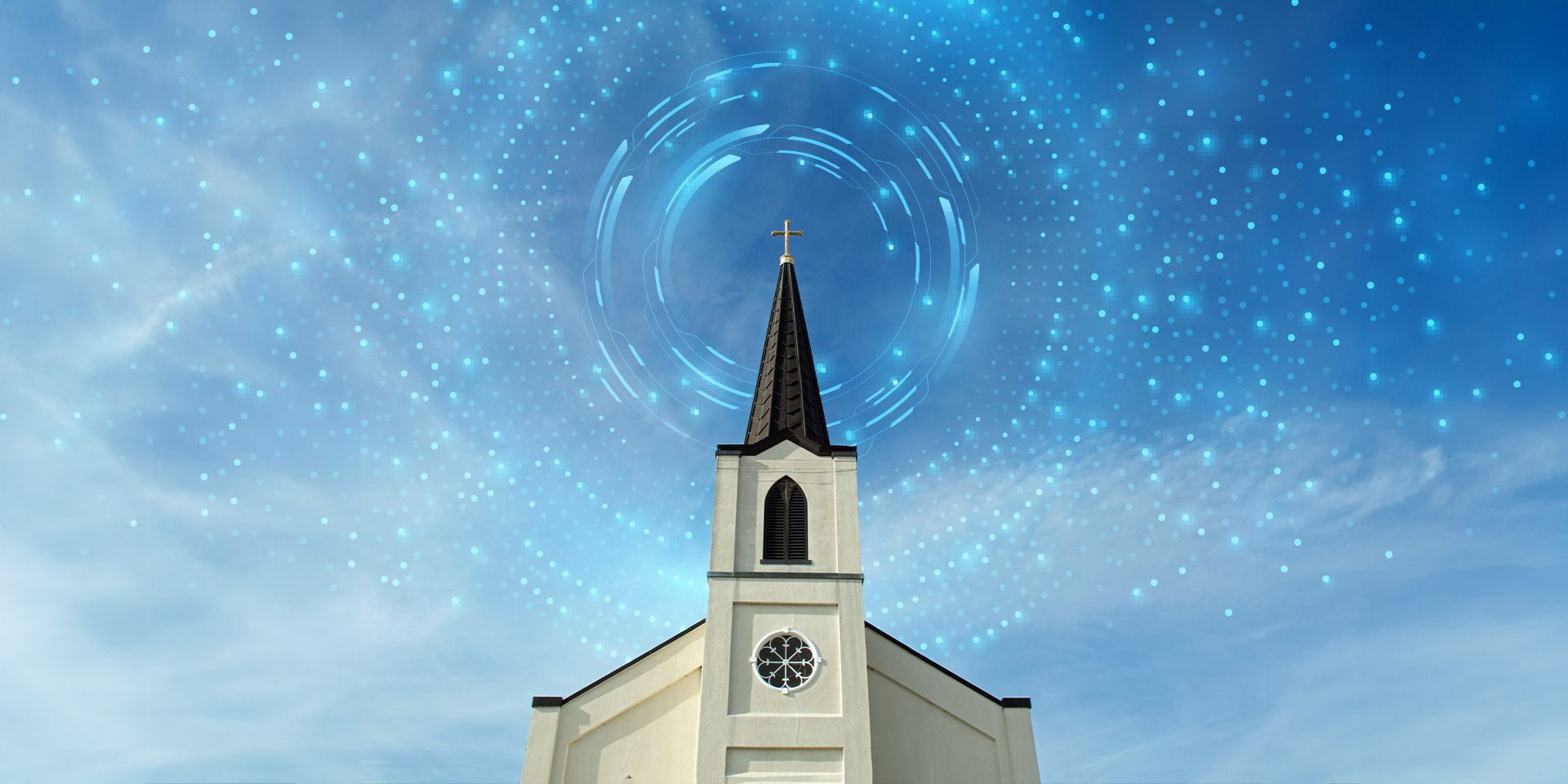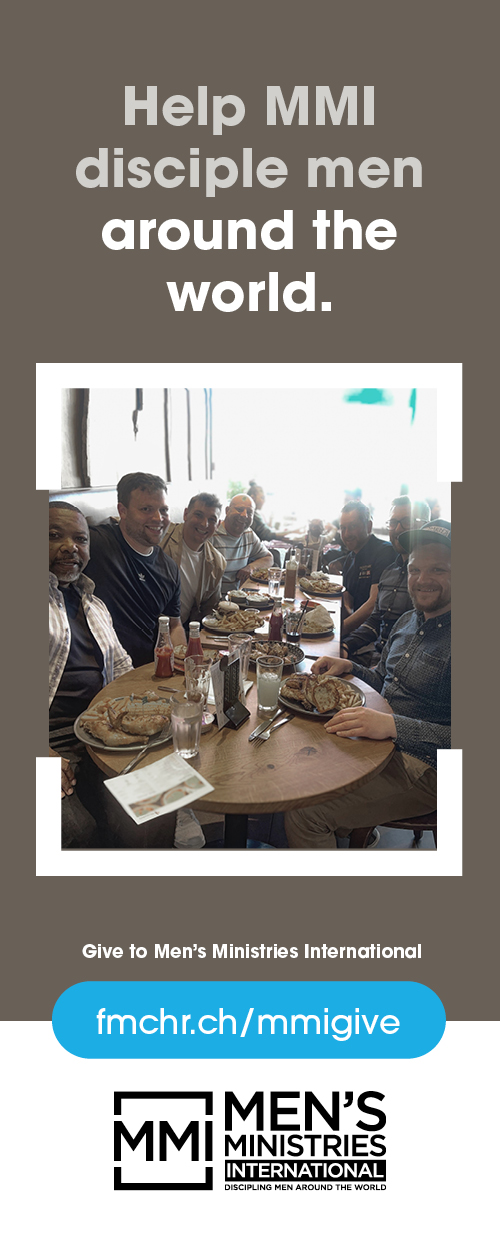By Ben Wayman
One of the most hopeful images in cinematic history is when “Dash,” Dashiell Robert Parr of “The Incredibles,” discovers his ability to run on water. His surprise and joy are palpable as he runs on water to evade his threatening pursuers. For Christians, this image recalls that of Peter walking on water, albeit briefly, in pursuit of Jesus.
Since the days of the early church, Christians have long observed a tension between our being made in the likeness of God and the distorted self-centered pursuit to be “like God.” We see this tension as early as the book of Genesis, through both the creation narrative of being made in the image and likeness of God and the serpent’s ensuing temptation to grasp for the ability to “be like God.” How should Christians navigate this tension and how might we faithfully embrace God’s destiny for us?
_
“… this destiny is not something we seize, but rather it’s who we become through patient friendship with God.”
_
Several years ago, Justo González visited the university where I teach to deliver a few lectures on pastoral ministry and Christian discipleship. During his time with us, he introduced a group of pastors to Irenaeus’ view of the Fall by likening it to a young boy who wanted to be like his dad who could descend stairs two or three at a time. “You will, son, one day,” his father replied. But impatient, the young boy short-circuited the process and bounded down the staircase, skipping three steps at a time. The child fell, hit his head, and sustained a fatal head injury. “This is how Irenaeus understands the Fall,” González explained.
Becoming Christlike
Being like God is not an idolatrous desire. It’s God’s destiny for us. However, this destiny is not something we seize, but rather it’s who we become through patient friendship with God.
In his high priestly prayer, Jesus prays for His disciples, promising them, “the one who believes in me will also do the works that I do and, in fact, will do greater works than these” (John 14:12 NRSV). God’s plan for us is that we might be like God. When Matthew’s Jesus teaches His disciples to “be perfect, therefore, as your heavenly Father is perfect,” and Luke’s Jesus instructs them to “be merciful, just as your Father is merciful,” the Evangelists are keeping with this vision that humanity is destined for divinity.
Imitating Christ is not merely puppeting Christ. Imitating Christ entails a change in our being, our person, whereby we are transformed and thoroughly renewed by God’s very life. Such transformation entails not only characterological changes in our habits and affection like producing the fruit of the Spirit, but also relational changes like loving enemies and participating in the intratrinitarian love of God. Early Christians like Irenaeus, Athanasius, and Gregory Nazianzen spoke to humanity’s divine destiny by proclaiming, “God became man, that man might become God.”
The notion of divinization was a mainstay in early Christian thinking, not only in the East, but also in the West. The idea is not that humanity would become God, but rather, become more and more like God, who created humanity in His likeness and image in the beginning. For such Christians, baptism marked our new birth by the Spirit whereby we grow and are sustained by the very flesh and blood of Christ in the Eucharist, and so become what we eat: little Christs.
What would it look like for us to embrace our destiny of deification? For starters, we might reconceive our being made in the likeness of God as a plan for our flourishing. God is not some punitive deity demanding moral alignment or banal praise. God is a generous friend, who gives us everything we need for friendship with God and life with God forever. If friendship with God is our destiny, then God gives us what we need to “keep up” with God who walks on water, calms storms, feeds the hungry, casts down the mighty from their thrones, and fills the empty with good things. To keep company with God, we need to become like God, which was God’s plan all along.
_
“Becoming fully human cannot be seized or grasped, but rather received as God’s gift to us.”
_
Becoming Fully Human
A second implication of our divine destiny of life with God, becoming like God, is that we will in fact, be able to do things “greater than these,” as Jesus promises His disciples in John 14.
In the book of Acts, we see how the fledgling church met regularly to break bread and celebrate Christ’s victory through the Eucharist, and so found itself healing sickness, conquering death, and doing other Christlike things as it became a new community of friends with God. Through friendship with God and its ongoing nourishment from the Eucharist, the early church and we become what we eat. We become like God.
By keeping company with God, by receiving Christ in the Eucharist, we become fully human. Becoming fully human cannot be seized or grasped, but rather received as God’s gift to us. Irenaeus clearly saw that the “glory of God was a human being fully alive.”
From the start, God’s idea was not that we would walk on water, but that we would run on water with the God who crushes the leviathan and makes all things new. The good news is that the kingdom of God is life under the rule of the Creator who wants nothing less than that we might become like God. We were made to run on water.
+

Ben Wayman, Ph.D., is the lead pastor of St. Paul’s Free Methodist Church in Greenville, Illinois. He also serves as the James F. and Leona N. Andrews chair for Christian unity at Greenville University and as the chair of the university’s Bastian School of Theology, Philosophy, and Ministry. Along with writing for publications such as Christianity Today and The Christian Century, he is the author of several books including “Diodore the Theologian,” “Make the Words Your Own: An Early Christian Guide to the Psalms” and the modern edition of B.T. Roberts’ 1891 classic “Ordaining Women.”










